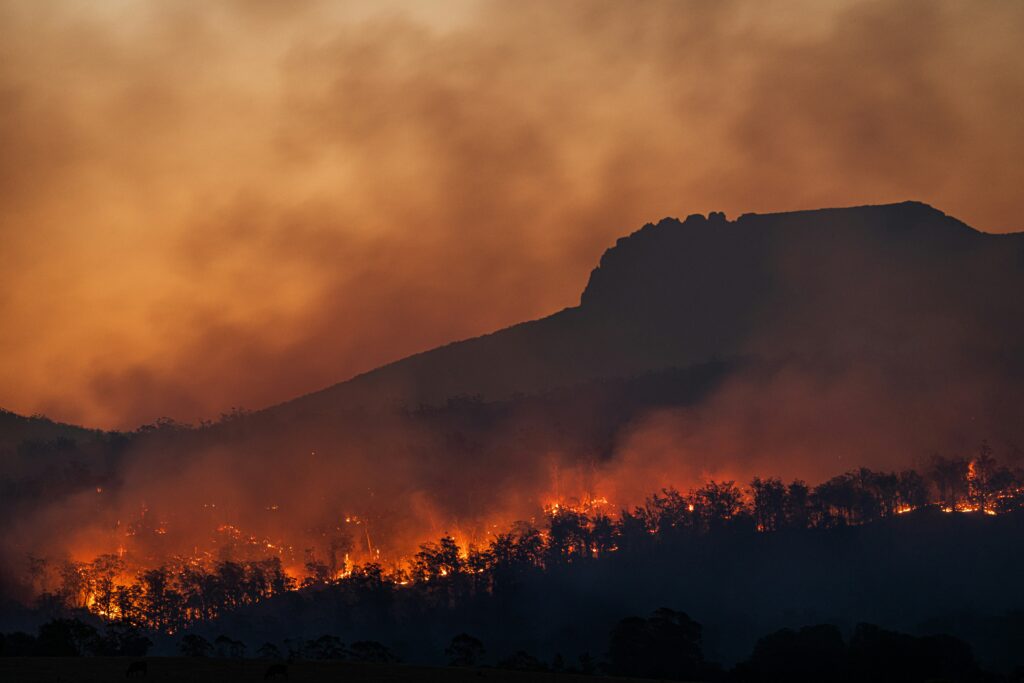
After 6 years of study, I’m finally graduating in Energy Engineering and here is what I learned. You might be wondering whether it is worth it and, to be honest, so am I. There is an unspoken promise that, if you study hard enough and get your degree with very good grades, you’re gonna get a job that will keep your life comfortable.
Well, that’s simply not the case. Currently, about 90% of my fellow energy engineers got their first job at the very same company they were interns. The bad news is their salaries were about the same too, just slightly above. If I take myself as an example: as an intern, I was earning approximately U$220,00 a month, which is a very decent wage for an intern in Brazil. But when my contract as an intern got to the end, I was offered U$400,00 a month as a full time ‘Junior analyst’. Nothing against that job proposal, but I didn’t study for 6 years to earn less than 5k yearly.
I know this might not be the reality in many other countries, but that’s what I see in Brazil. In fact, I’ve lived for 6 months in Germany, where the minimum wage is almost 4 times what I was offered in my first job as a qualified engineer in Brazil. Despite all of that, I still believe I did a great choice when it comes to market, since the energy sector is something human beings are forever gonna be dependent upon. We’re not gonna see a lack of opportunity in this sector for the next decades.
Climate change

Enough about market, let’s talk about what really matters: climate change. I know many people refuse to believe, but the fact is one – humans are affecting the climate on Earth. This debate is the same as the Earth being round or flat. Some people refuse to see it, but the truth is only one. March 2024 was the 10th month in a row where the average temperature on Earth was record high. We are getting hot. And very quickly. If you don’t believe me, take a look at this article from Nasa.
Now, as I learned, global warming is caused by the greenhouse effect, which in turn is caused by greenhouse gases. You know, the most famous of which is CO2. Since CO2 is the most important greenhouse gas, many countries aspire the so called ‘carbon neutrality’. Carbon neutrality means that the amount of greenhouse gases the country emits is compensated by the amount it removes or at least avoids the emission. This concept is also sometimes called Net Zero, although they are not quite the same.
About three quarters of global GHG emissions come from energy usage. This is insane but is also very predictable. We need energy to support economic growth. So, the question is: where are we gonna get this energy from? For the past centuries, the answer has been one – fossil fuels. If we want to change this reality and get to net zero, the new answer must be renewable energy. Spoiler: it won’t change. The oil and gas business is still one of the most lucrative in the world and that’s not gonna change soon.
So, what do we need to do?
Luckily for me, it is precisely my job as an energy engineer to find the answers. You see, I got into my degree with the hope to get good salaries and ended up with something much more valuable: a mission. If you’re new here (and I assume you are), welcome. My name is Andersen, I’m an engineer, musician and writer based in Brazil. My job is to spread joy, while also warning you about the changes that are needed.



